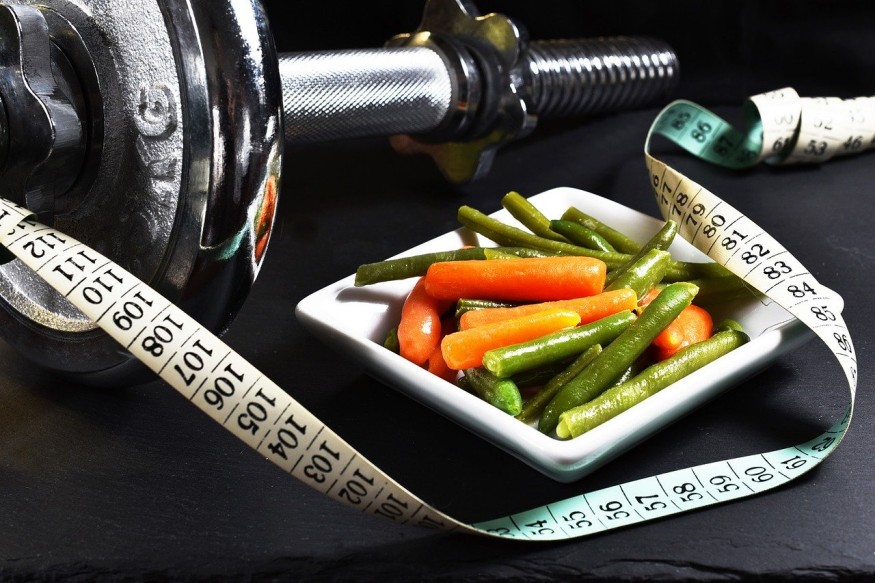Weight loss is eating less energy than the body requires daily. Although watching the calorie intake is a proven way of losing weight, there are other methods too that allow more flexibility. An example of this is the popular diet called "If It Fits Your Macros" (IIFYM).
Unlike watching the calories a person takes in, IIFYM gives more flexibility to the person while still promising the same results. In this diet, it counts daily macronutrient intake, such as fats, carbohydrates, and proteins. Many people like this diet because it allows them to consume any food as long as it fits their daily macronutrient needs.
But no research yet has specifically examined whether counting macronutrients is as effective as other diet methods. Previous research has looked into the effect of consuming low-fat vs. low-carbohydrate diet and research on comparing four different diets with different proportions of protein, carbohydrate, and fats.
Ultimately, both diets have no significant difference in how much weight they help people lose, and both are difficult to maintain in the long run. That means it is difficult to tell whether counting calories is better than counting macronutrients in losing weight.

Which Is Best for Weight Loss?
The tricky part of weight loss is establishing energy requirements. But whether one who is in a diet choose to count calories or macros, they will need this starting to work from to keep within their targets. But the actual energy requirements still depend on how active a person is, but the requirements for macronutrients are specified in government guidelines.
In counting macros, it ensures that essential nutrients are included in the diet instead of focusing only on calories that do not take nutrients into account.
Hypothetically speaking, even if a person eats seven bars of chocolate, which equal to 1,596 calories, a person would still lose weight if their total energy expenditure is around 2,000 calories a day.
Macro calculations are estimated based on the height, weight, and activity levels, which can be adjusted to the desired weight. Although macro counting allows for flexibility of food choices, it is a time-consuming diet method which could be difficult in the long-term as the person must always keep track of macro intake.
Regardless of what diet method is used, the person will still be required to read food labels and keeping a record of all the foods and liquids being consumed in a day. Online nutritional databases and applications may be used, but they are not always accurate. Additionally, there is a possibility that a person might not absorb all the nutrients in the food labels list.
Also, neither of the two diets guarantees that a person will meet all the nutrient requirements. For example, macronutrient counting only focuses on carbs, protein, and fats, which could overlook vitamins and minerals, which are essential for good health.
Neither method is a long-term solution to weight loss unless it is combined with dietary advice on making permanent changes to a healthy and balanced diet.
Building Muscles
On the opposite side of weight loss is that some people are also trying to build muscles. These people would need a daily protein of around 1.2-1.7 grams per kilogram of body weight to repair micro-damage from extensive strength training, which is essential for muscle building.
Aside from that, they would also need energy and carbohydrates to make sure that the body has enough fuel to work out. This makes counting macros more effective than counting calories to ensure that all the body's energy and carbohydrate needs are met. Research also shows that the timing of macros is important for muscle growth.
Whichever method is used in altering the body weight and composition, at the end of the day, it still depends on the person's goal and how tech-savvy they are.
Read More: 3 Things to Know About Time-Restricted Diet: How Long Should You Fast to Lose Weight?
Check out more news and information on Weight Loss on Science Times.
© 2026 ScienceTimes.com All rights reserved. Do not reproduce without permission. The window to the world of Science Times.












